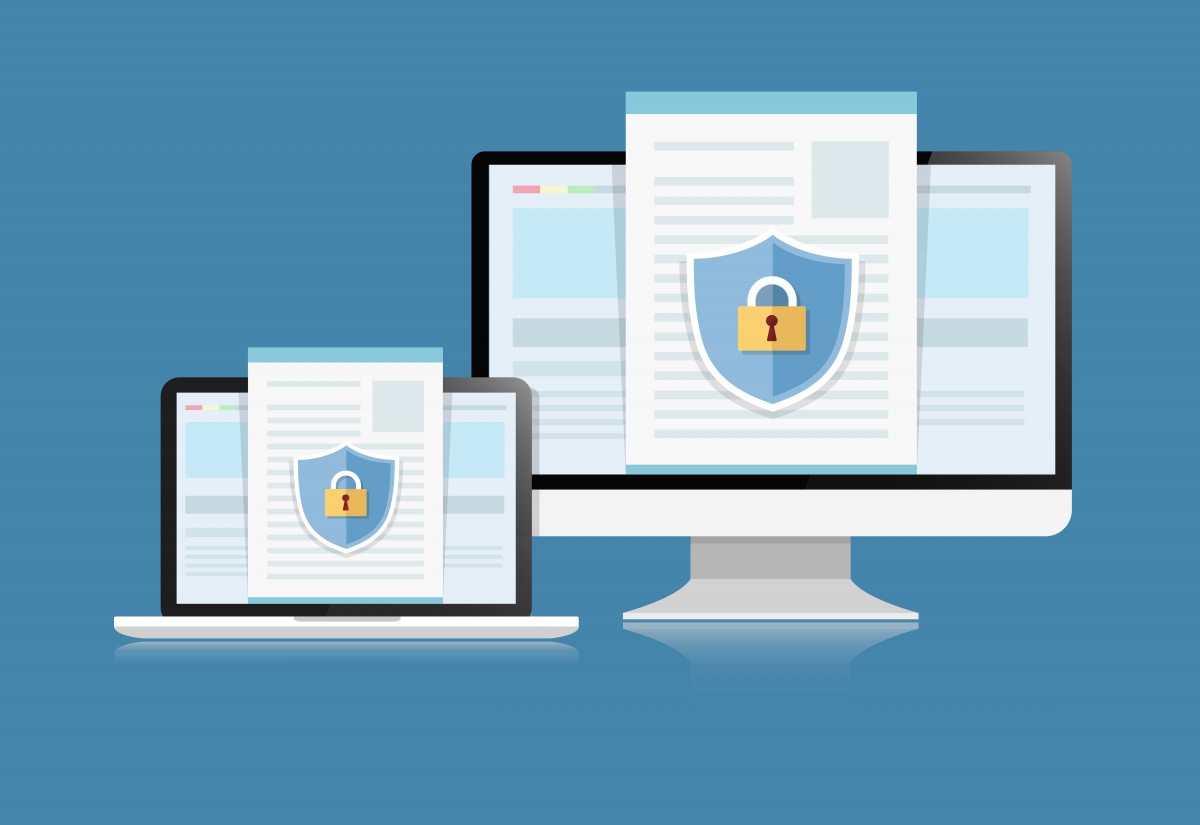Ransomware,
a kind of malicious software, makes business data inaccessible until a ransom is paid. While it is used against businesses of all sizes, SMBs have become a prime target for attackers. The 2019 Global State of the Channel Ransomware Report uncovered a number of ransomware trends specifically impacting the SMB market:
- Ransomware attacks are pervasive. The number of ransomware attacks against SMBs is on the rise. Eighty-five percent of MSPs reported attacks against SMBs over the last two years, compared to 79 percent of MSPs who reported the same in 2018. In the first half of 2019 alone, 56 percent of MSPs reported attacks against SMB clients.
- A disconnect exists on the significance of ransomware as a threat. Eighty-nine percent of MSPs report that SMBs should be very concerned about the threat of ransomware. However, only 28% of MSPs report SMBs are very concerned about the threat.
- The cost of ransomware is significant. Sixty-four percent of MSPs report experiencing a loss of business productivity for their SMB clients while 45 percent report business-threatening downtime. The average cost of that downtime is $141,000, a more than 200 percent increase over last year’s average downtime cost of $46,800. The report also uncovered that the cost of downtime is now 23 times greater than the average ransom request of $5,900.
One of the most basic and effective controls when it comes to ransomware preparation is being underutilized. MSPs report enabling 2FA on only 60 percent of email clients and 61 percent of password managers, despite the fact that the majority of MSPs (67 percent) claim phishing emails are the leading cause of ransomware breaches at SMBs.
Business continuity and disaster recovery (BCDR) solutions have continued to prove to be the most effective in lessening the impact of a ransomware attack. Ninety-two percent of MSPs report that their clients with BCDR solutions in place are less likely to experience significant downtime during an attack. In addition, four out of five MSPs state victimized clients with BCDR tools in place recovered from an attack in 24 hours or less, while less than one in five MSP clients without BCDR were able to do the same. MSPs are in a unique position today to educate SMBs on how to protect against a ransomware attack, including employee training and the tools to implement.
“For MSPs, it’s no longer just a concern of our clients being hit with ransomware, but our own businesses as well,” said Jason Fry, Managing Director at PAV IT, an MSP based in the south of England that focuses on optimising the IT infrastructure of their clients and helping them be more efficient. “Attackers are realising that MSPs are the gatekeepers to mounds of data, so it’s critical that they take a step back and look at their own systems to ensure they're secure and client data is protected.”
MSPs are also a prime target of ransomware attacks, with the Department of Homeland Security issuing warnings to MSPs this time last year. Four out of five MSPs state that they are increasingly targeted by attackers. However, only half of MSPs have external expertise available to help them in the event of a large scale attack against them or their clients. Sixty percent of MSPs do, however, carry cyber liability insurance to help offset the cost associated with a ransomware attack.
“MSPs need to set the tone for their SMB customers when it comes to preparing for and responding to ransomware attacks,” said Ryan Weeks, Chief Information Security Officer at Datto. “They need to protect themselves first by improving their organization’s cyber hygiene in order to keep their clients safe. MSPs must adopt 2FA universally for any technology they use to service clients, as well as their own business. In a climate where cyber attacks have become an everyday occurrence, 2FA across all technology solutions is one of the most effective controls to reduce the likelihood of a successful attack.”




